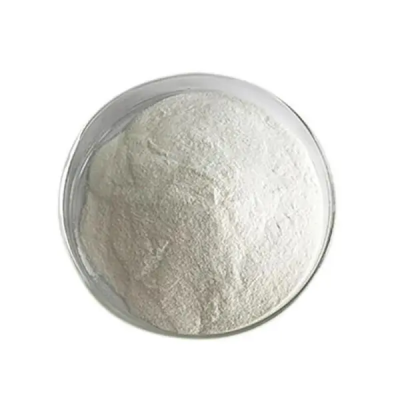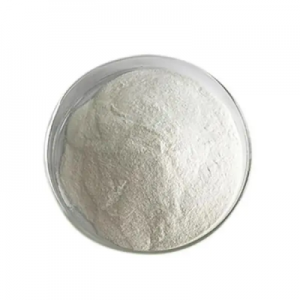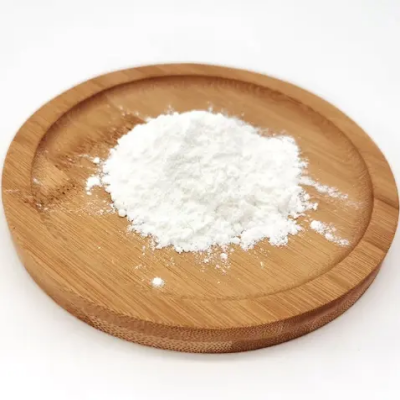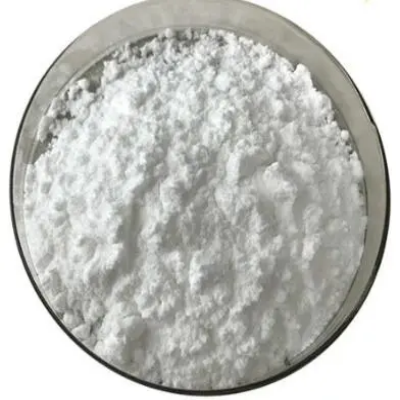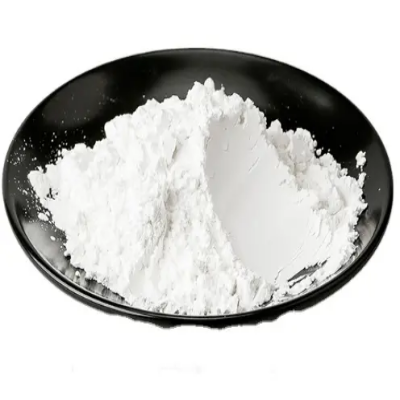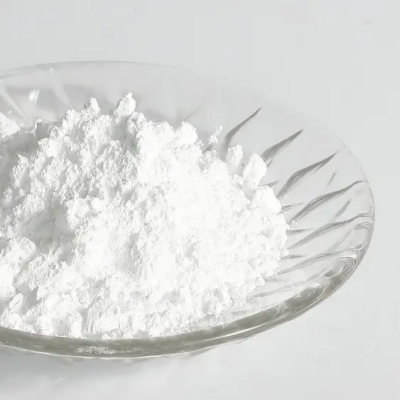Adenosine CAS:58-61-7
In the pharmaceutical industry, adenosine is utilized for its pharmacological properties, particularly in the treatment of certain cardiac arrhythmias. It is administered intravenously to restore normal heart rhythm during supraventricular tachycardia episodes. Furthermore, adenosine's vasodilatory effects contribute to its use in diagnostic procedures such as stress testing for coronary artery disease, where it helps induce controlled coronary vasodilation to assess myocardial perfusion. Beyond cardiovascular applications, adenosine serves as an important target in drug development, with researchers exploring its potential in addressing conditions ranging from neurodegenerative diseases to cancer. Its involvement in modulating neurotransmitter release and synaptic activity has led to investigations into adenosine-based therapies for neurological disorders and psychiatric conditions. Moreover, adenosine and its analogs are studied for their immunomodulatory effects, with implications for autoimmune diseases, inflammation, and transplant medicine. By targeting adenosine receptors, researchers aim to harness the immunosuppressive and anti-inflammatory properties of adenosine as a basis for developing innovative treatments. In summary, the multifaceted roles of adenosine encompassing energy metabolism, cardiovascular function, neurotransmission, and immunomodulation underscore its significance in pharmaceutical research and therapeutic applications, providing a rich avenue for advancing medical interventions and broadening our understanding of cellular and physiological mechanisms.



| Composition | C10H13N5O4 |
| Assay | 99% |
| Appearance | white powder |
| CAS No. | 58-61-7 |
| Packing | Small and bulk |
| Shelf Life | 2 years |
| Storage | Store in cool and dry area |
| Certification | ISO. |


